A former high-level Google employee said “terrifying patterns” were discovered in Google’s core products and hypothesized how bias may have entered the Gemini artificial intelligence (AI) chatbot.
Whenever there is a problem inside of a Google product, the company has a reporting system called “Go Bad” that can be utilized to document potentially harmful content, according to the source.
For example, if a user was on Google Image Search and found a result offensive, they could file a report, either internally or externally, which would then be routed to the appropriate trust and safety team.
In 2020, this system did not differentiate between different types of issues, such as identity, diversity, inclusion and discrimination, the former employee claimed. There was no index to find one type of issue versus another.
DOES GOOGLE WANT PEOPLE TO BE ‘WOKE’? FORMER EMPLOYEE REVEALS COMPANY RESPONSE TO TRUMP, BIDEN AND BLM
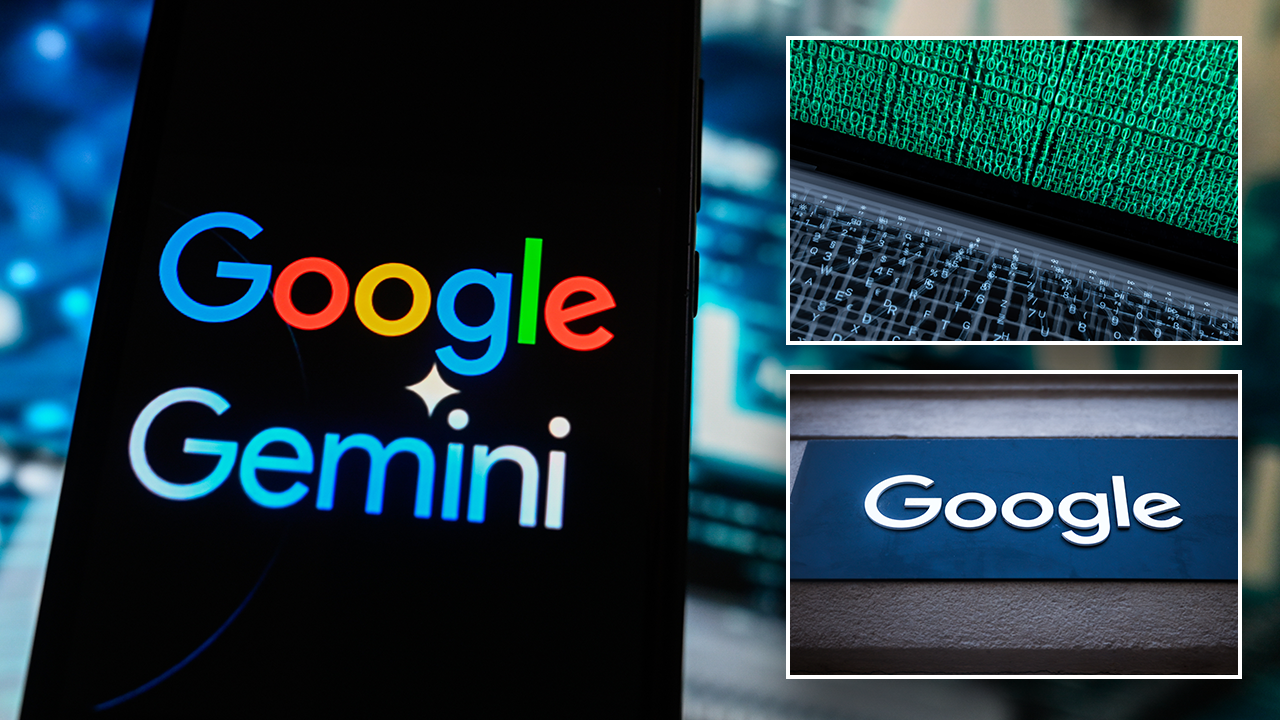
The former Google employee said AI can creep into algorithms like Gemini in several ways. Getty Images
“So, all of the reports about violence, child sexual abuse material (CSAM) and things that were like racist or sexist or, you know, anti-Christian or anti-Jewish or anti-Muslim were all in the same pot,” the former Google employee, who spoke with Fox News Digital on the condition of anonymity, said.
READ ON THE FOX BUSINESS APP
Google stated that they have always triaged and treated issues differently and said claims that they would treat something like CSAM in the same way as hate speech are “nonsenisical” and “wrong.”
From 2020 to 2022, Google built out a data schema that could track and identify those individual concerns.
However, in 2022, a massive data analysis was done across all of those “Go Bad” reports for upwards of 30 Google products, including Voice Assistant and News.
The former employee said a report about the results was later filed. Statements were made to Google expressing concern about how the algorithm behind these products fundamentally operates after “terrifying patterns” were found.
The former employee said Google’s core algorithms power many different products, such as YouTube, Google Search, Google Image Search and Google News, with alterations for each use case. Internal products also utilize variations of this algorithm, making it, as the former employee described it, the company’s “money maker.”
Google disputed this account and states that this is a mischaracterization of a routing improvement to one of the company’s many channels for product feedback. They also said there is no single algorithm underlying all Google products.
Google has made substantial changes to its algorithm throughout the years. In June 2019, the company announced new changes for Google Search designed to provide “more site diversity” in results. The change meant that users usually wouldn’t see more than two listings from the same site in top results. Other ranking changes have also been made.
Google said these updates were made because people wanted to see a broader range of sites in their results.
In May 2023, Google announced it was using generative AI to add new ways to “find and explore diverse perspectives on Search.” The changes added a “Perspective” filter that shows information people share on social media platforms and discussion boards.
FORMER GOOGLE EMPLOYEE: HOW A ‘CODE RED’ MEETING AND CHATGPT LED EXECS TO TAKE ‘SHORTCUTS’ IN GEMINI AI LAUNCH
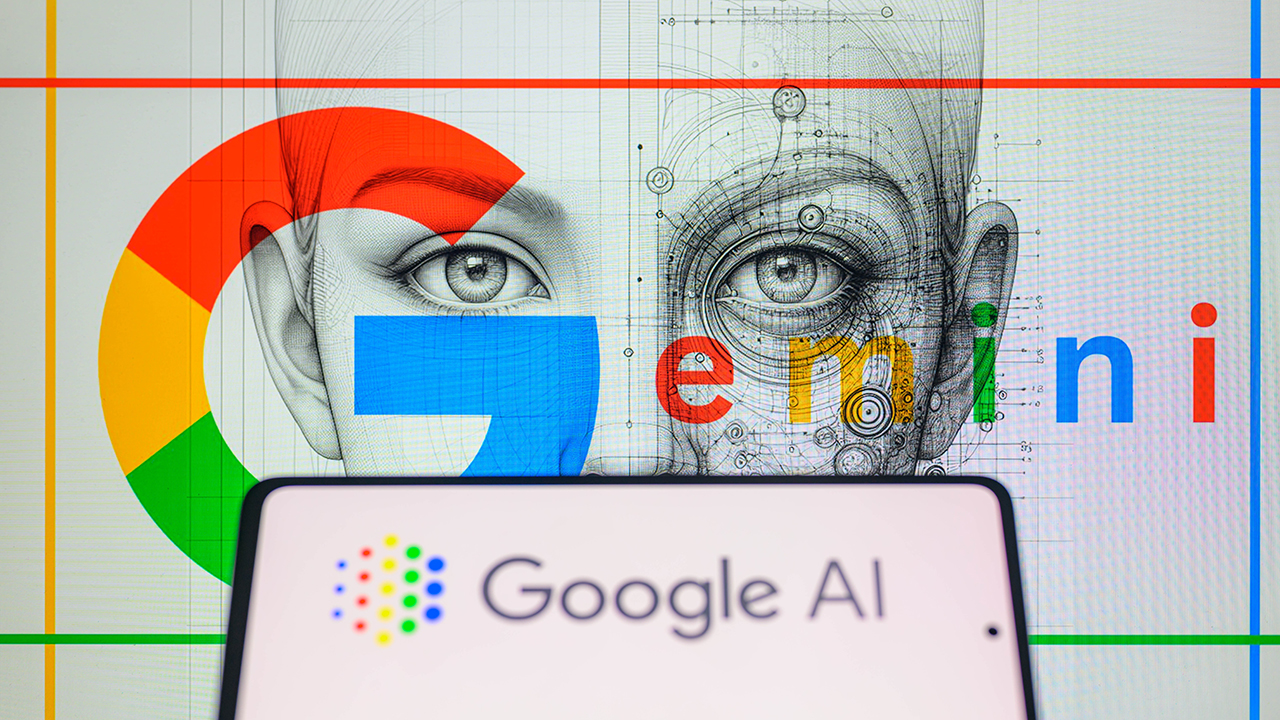
The Google AI logo is being displayed on a smartphone with Gemini in the background in this photo illustration, taken in Brussels, Belgium, on February 8, 2024. Getty Images
The company also said the AI capabilities would help them quality “experience” as an element of helpful content and Google would continue to focus on information quality and critical attributes such as authoritativeness, expertise, and trustworthiness.
The former employee expressed concern that many of the claims of increased diversity and the particulars of how information is ranked on Google were extremely general. Information given publicly lacked detailed information about how the algorithm behind the products work.
Google pushed back on the assertion that changes were not transparent, saying it makes thousands of improvements to Search every year and maintains a public website with detailed information about how Search works and how it approaches changes.
Earlier this year, Google faced intense backlash when the image generation feature in the Gemini AI chatbot produced “diverse” examples of historical figures, including the Founding Fathers and Popes. Google later apologized and paused the feature, but how did this happen?
Over the last several years, Google created and scaled two different AI research teams, Media Understanding for Social Exploration (MUSE) and Skin Tone, which were adopted into over 50 Google products.
According to Google, MUSE “builds AI-enabled technology designed to understand patterns in how people are portrayed in mainstream media and to inspire more equitable content.”
The skin tone palettes used in gadgets and apps to promote “image equity” were announced in May 2022.
Google says the new scale was designed to be more “representative” of all skin tones and found that the new model is more inclusive than the current tech industry standard “especially” for people with darker skin tones.
FORMER GOOGLE CONSULTANT SAYS GEMINI IS WHAT HAPPENS WHEN AI COMPANIES GO ‘TOO BIG TOO SOON’
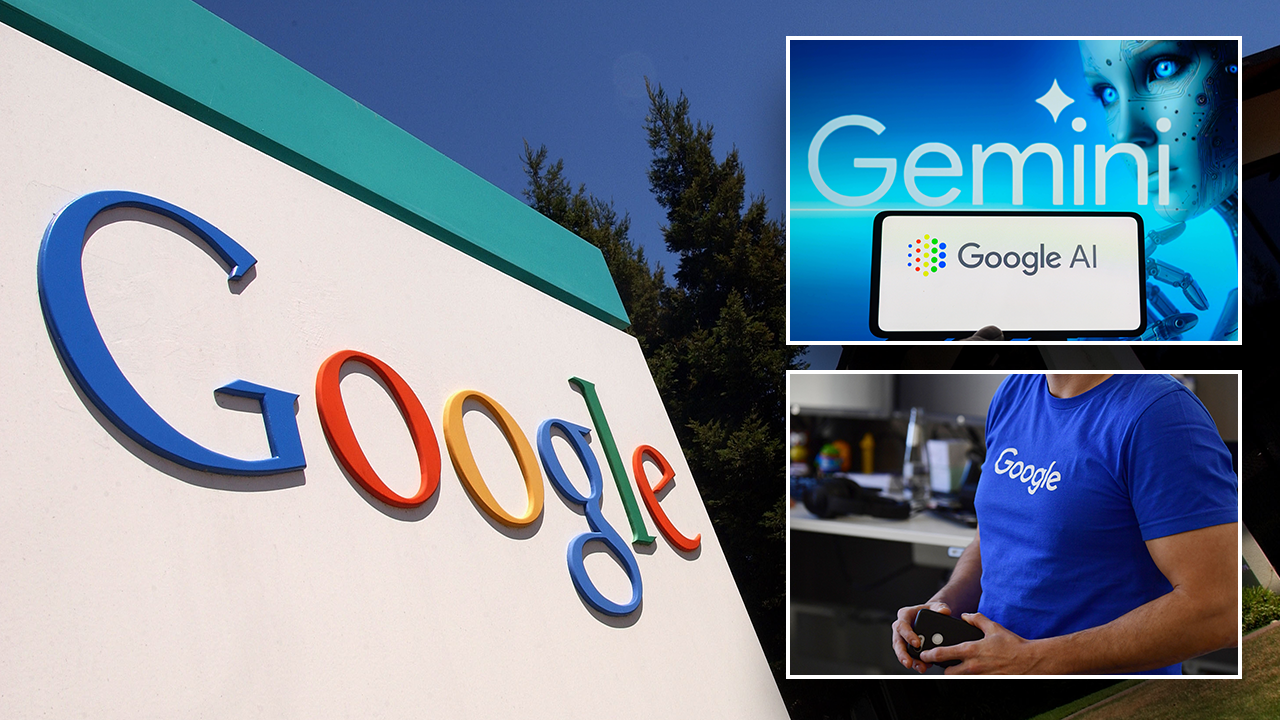
A former Google employee told Fox News Digital that Gemini may have had “critical oversights in execution.” Getty Images
The former employee said the implantation of this scale and other features to promote diversity makes sense in certain situations. For example, if you searched for bridal outfits, you would want a diversity of people wearing the clothing to accommodate all groups.
Now, suppose that the diversity model is built into the searching algorithms and is not turned off in a generative model. In that case, the AI will not be able to differentiate between the historical context and will provide inaccurate results. The former employee suggested that this is likely what happened with Gemini.
“If I say show me the Pope and you show me a Black guy, I’m going to be pissed. But if I say show me an image of like, you know, a group of people playing and it shows only White people, I’m also going to be pissed,” the source said.
Google pushed back on the assertion that this had anything to do with the Gemini images issue and pointed to a blog post out out in February that explained what they believe the issue was. They also said the skin tone work had no overlap with Gemini image generation and is intended to do things like improve the lighting in the cameras on phones.
“Once again, these are the rehashed opinions of a single former employee who mischaracterizes how our processes work and who clearly didn’t have visibility into how decisions were made. Our business is built on users trusting us to provide accurate information, so we have a clear business objective in keeping our products free of bias,” a Google spokesperson told Fox News Digital.
Bias can also enter an AI system in other ways. Because these large language models (LLMs) have massive amounts of text plugged into the system to train it, companies like Google do not have the tools or time to review all the data.
According to the former employee, the absence of certain terms, identities, or words can mean that the model has a negative relationship with them.
If the model is given a bunch of stories about families, but there are no examples of single parents or that group is significantly underrepresented in the data, it may not be able to generate a story about a family with just one parent.
“Generative models are not factual databases. What they are is mathematical guessing engines. And that’s where you get hallucinations because they are trained to take your prompt and predict what words should come next based on what you gave it. They’ll make s— up because they don’t know that things aren’t right,” the former employee said.
IS GOOGLE TOO BROKEN TO BE FIXED? INVESTORS ‘DEEPLY FRUSTRATED AND ANGRY,’ FORMER INSIDER WARNS
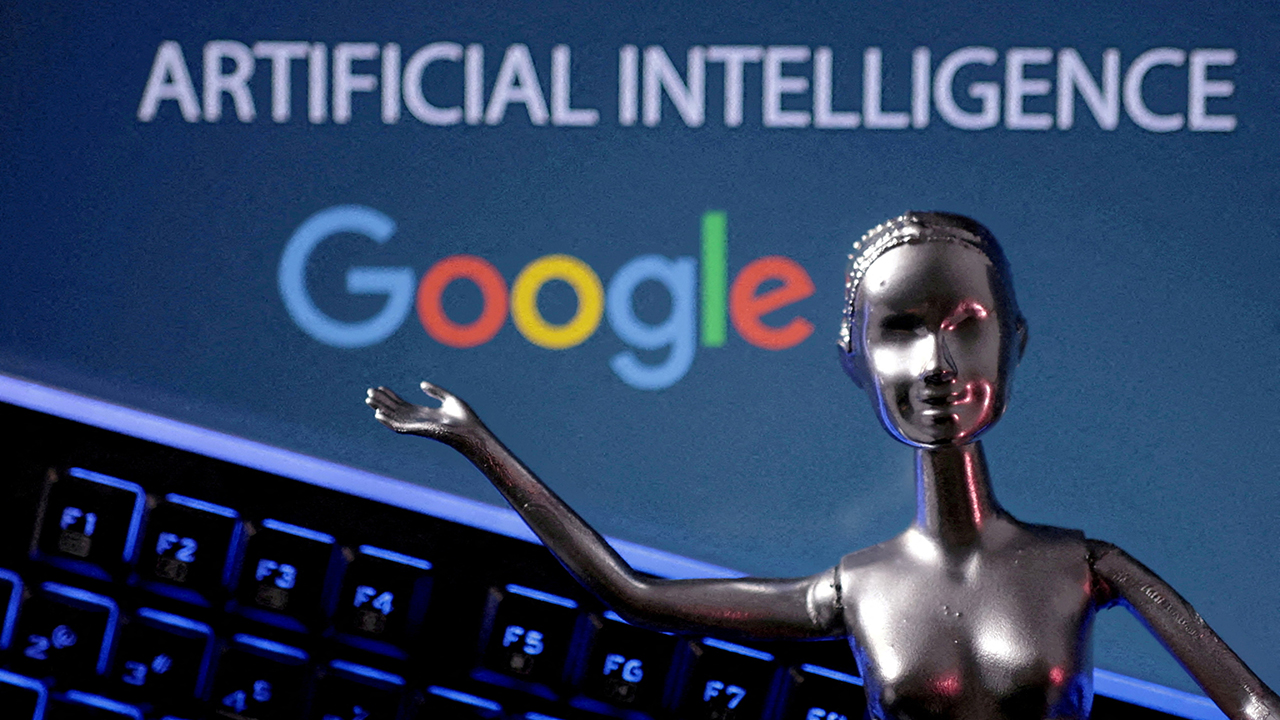
Google logo and AI Artificial Intelligence words are seen in this illustration taken, May 4, 2023. Reuters Photos
Language models create embeddings, which map words with similar semantic contexts or themes. For example, the theme of leadership might include the words King, Queen, castle, horse, and moat.
The AI takes that text and converts it into numerical representations called tokens. It then creates a map of what the language means (vector database).
“Say, generate an image of a man, OK? It doesn’t actually understand what you’re saying. What it’s doing is it’s taking your prompt. It’s searching across that embedding database to understand meaning. And then it’s mathematically predicting every word that it should return to you,” the source added.
The former employee said AI bias can be fixed in three places within the model: pre-processing fairness, in-processing fairness and post-processing fairness.
Pre-processing fairness is checking the data and ensuring there is no private information. The company is preparing to train the model.
In-processing fairness is checking to see what the AI learns and making sure it is not learning the wrong things and adjusting accordingly.
Companies like Google can create bias in post-processing fairness through a “policy fix.” This means that a tech company tells the algorithm that an image they have deemed harmful cannot appear before a certain point, like the first 10,000 images.
GOOGLE GEMINI USING ‘INVISIBLE’ COMMANDS TO DEFINE ‘TOXICITY’ AND SHAPE THE ONLINE WORLD: DIGITAL EXPERT
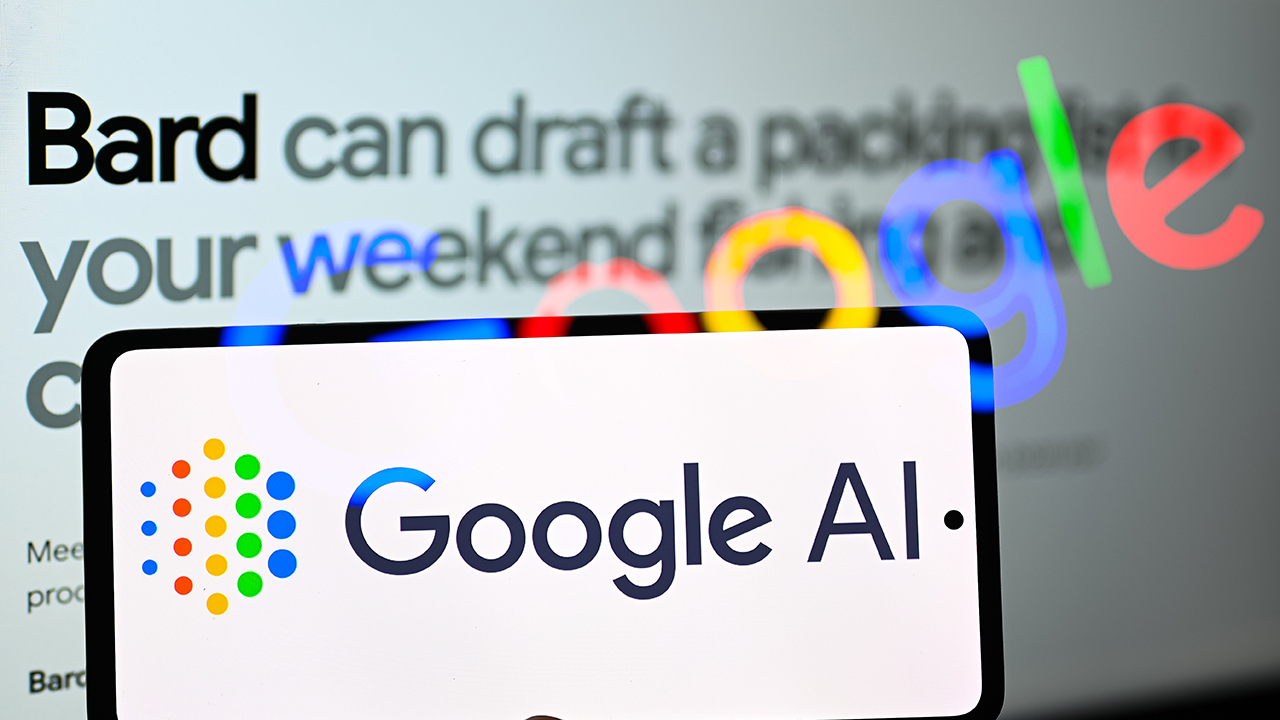
In Brussels, Belgium, on March 21, 2023, the Google Bard web page is seen on screen with Google AI on mobile during the launches. Getty Images
In academic literature, post-processing fairness is called “fairness gerrymandering.” This is when a company cannot or will not change the model based on the data that went into it or the associations it learned, so the researchers edit the way it responds to the output. Critics typically describe this when they talk about how people can alter answers given by AI.
That is what happens when an AI model like Gemini, ChatGPT, Copilot, Gronk, etc., says it cannot generate a response based on something like race. The model itself does not know that. The former employee claimed that is a layer put in the system between the AI and the people using it to make sure companies do not get in trouble.
“If someone gives a prompt with particular queries, you know, have it default to a general response, that doesn’t mean that the model can’t produce the response, but that they’ve edited the way that it appears to the user to make it look more fair,” the former employee said.
“It looks fair, but it’s not fair,” they added.
Original article source: Gemini fallout: Former Google employee warns of ‘terrifying patterns’ in company’s AI algorithms
News Related-
Window opens for Zahid to ride off into the sunset – but at Anwar's cost
-
Murder-accused teens 'had preoccupation with torture'
-
A plea for Islamic voices against using human shields - opinion
-
Strengthen MM2H programme, promote multiple entry visa
-
GEG element removed from anti-smoking Bill
-
Health Ministry tables revised anti-tobacco law, omits generational smoking ban
-
Work together with Anwar to tackle economic issues, Perikatan MP tells Muhyiddin and Ismail Sabri
-
Malaysia Airlines launches year-end sale
-
Dr M accuses govt of bribery over allocations
-
Malaysia to check if the Netherlands still keen to send flood experts
-
Appeals court to rule in Isa’s graft case on Jan 31
-
Elephants Trample On Axia With Family Of Three Inside
-
Sirul fitted with monitoring device
-
Nigerian airliner lands at wrong airport
